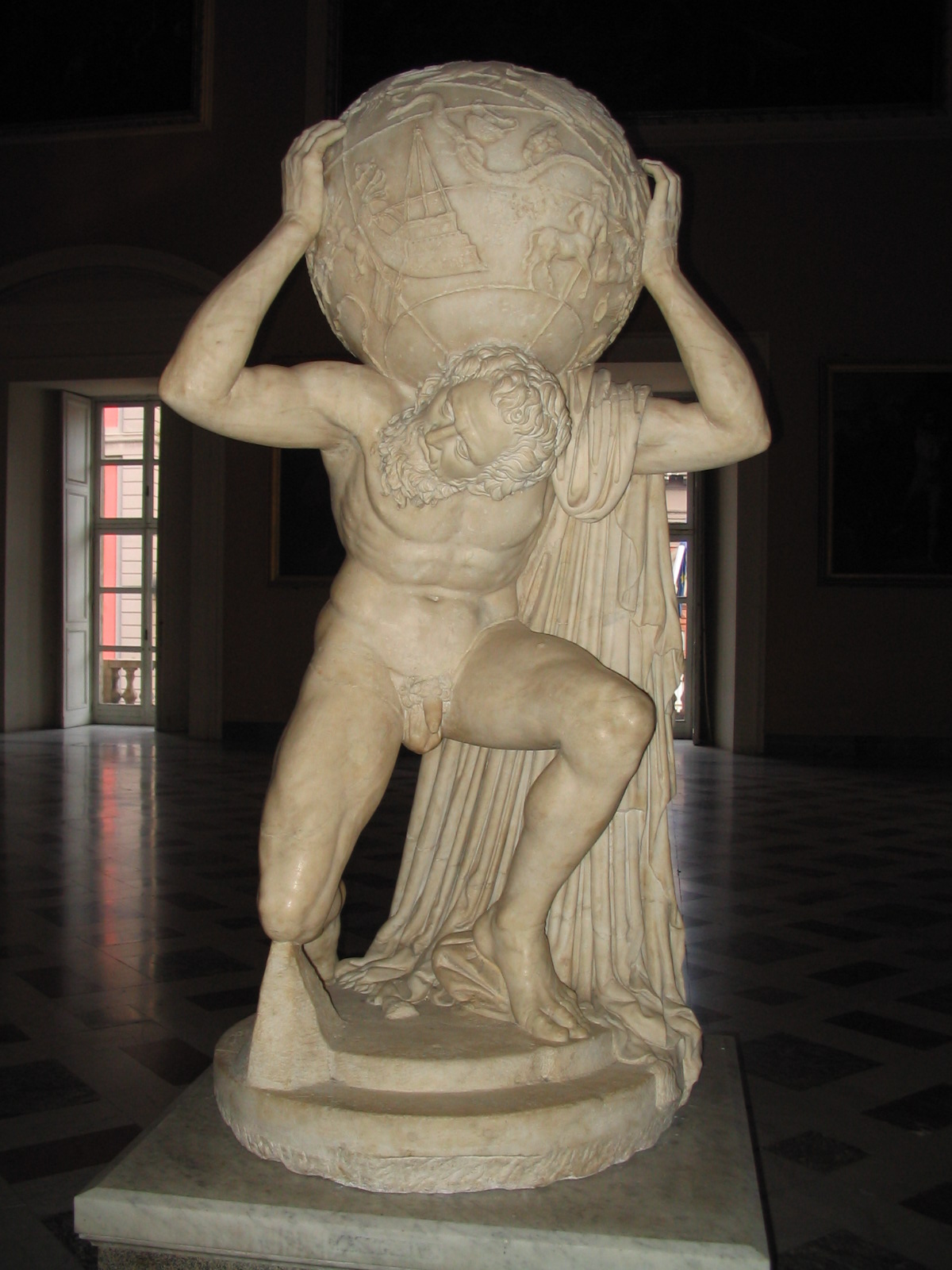sataris
Chief Toastie Officer
- Feb 15, 2015
- 10,117
- 20,179
- AFL Club
- Sydney
You are talking to a bloke who believes the earth is most likely to be flat (60% chance). Why do you bother to argue with such people, i stopped long time ago. Just go to the flat earth thread and look at his attempt to name a few "brilliant" flat earth "scientists". Facepalm worthy.
Nobody has believed the earth was flat for at least 2000 years, there was a greek guy who estimated the circumference around 4BC
EDIT: https://en.wikipedia.org/wiki/Eratosthenes
I'm curious to see how this myth has revived itself.





